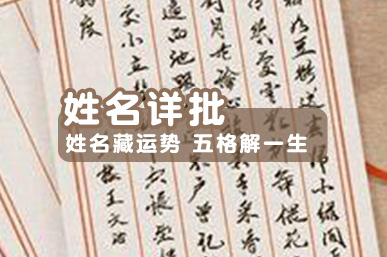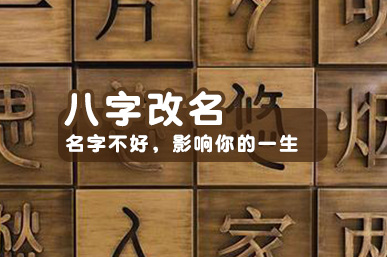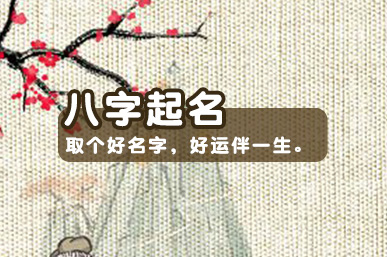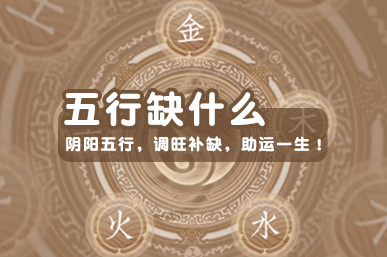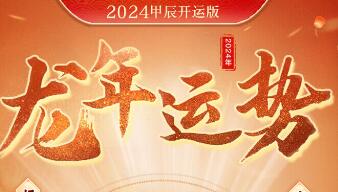姓名祥批八字改名八字起名宝宝起名
Evolution
of
English
Names
Throughout
the
De『了解更多 每日星座运势内容请关注 :奇运网,WWw.iQiyUn.Cc』〗cades Names
have
always
been
an
essential
part
of
our
identity,
and
they
have
evolved
throughout
the
decades.
In
the
early
1900s,
traditional
English
names
like
Mary,
John,
and
William
were
trendy.
These
names
were
often
passed
down
through
generations
and
had
a
religious
significance. In
the
1920s
and
1930s,
the
names
became
shorter
and
more
unique.
Names
like
Betty,
Peggy,
and
Joan
for
girls,
and
Bob,
Jack,
and
Jim
for
boys
were
gaining
popularity.
These
names
reflected
the
changing
times
and
the
shift
towards
a
more
modern
and
progressive
society. In
the
1940s
and
1950s,
the
trend
of
short
names
continued.
However,
many
parents
still
stuck
to
traditional
names,
and
names
like
Michael,
David,
Susan,
and
Linda
were
popular.
Pop
culture
also
played
a
significant
role
in
naming
trends,
with
names
like
Elvis
and
Marilyn
gaining
popularity. The
1960s
and
1970s
saw
an
increase
in
unique
names
and
a
movement
towards
individuality.
Parents
started
experimenting
with
spelling,
resulting
in
unique
spellings
of
common
names
like
Kaitlyn
instead
of
Caitlin.
Unisex
names
like
Jamie
and
Jordan
were
also
gaining
popularity. In
the
1980s
and
1990s,
names
were
inspired
by
pop
culture,
with
names
like
Brittany,
Taylor,
and
Justin
gaining
immense
popularity.
Baby
names
also
became
more
diverse,
with
parents
choosing
names
inspired
by
other
cultures
and
countries. In
the
2000s,
unisex
names
continued
to
gain
popularity,
along
with
short
names
like
Ava,
Mia,
and
Liam.
Parents
also
started
using
more
gender-neutral
names
like
Cameron,
Morgan,
and
Avery. In
conclusion,
names
have
come
a
long
way
throughout
the
decades.
From
traditional
names
to
unique
spellings
and
unisex
names,
there
are
endless
possibilities
for
choosing
the
perfect
name
for
your
child.
As
society
continues
to
evolve,
so
will
the
naming
trends.



